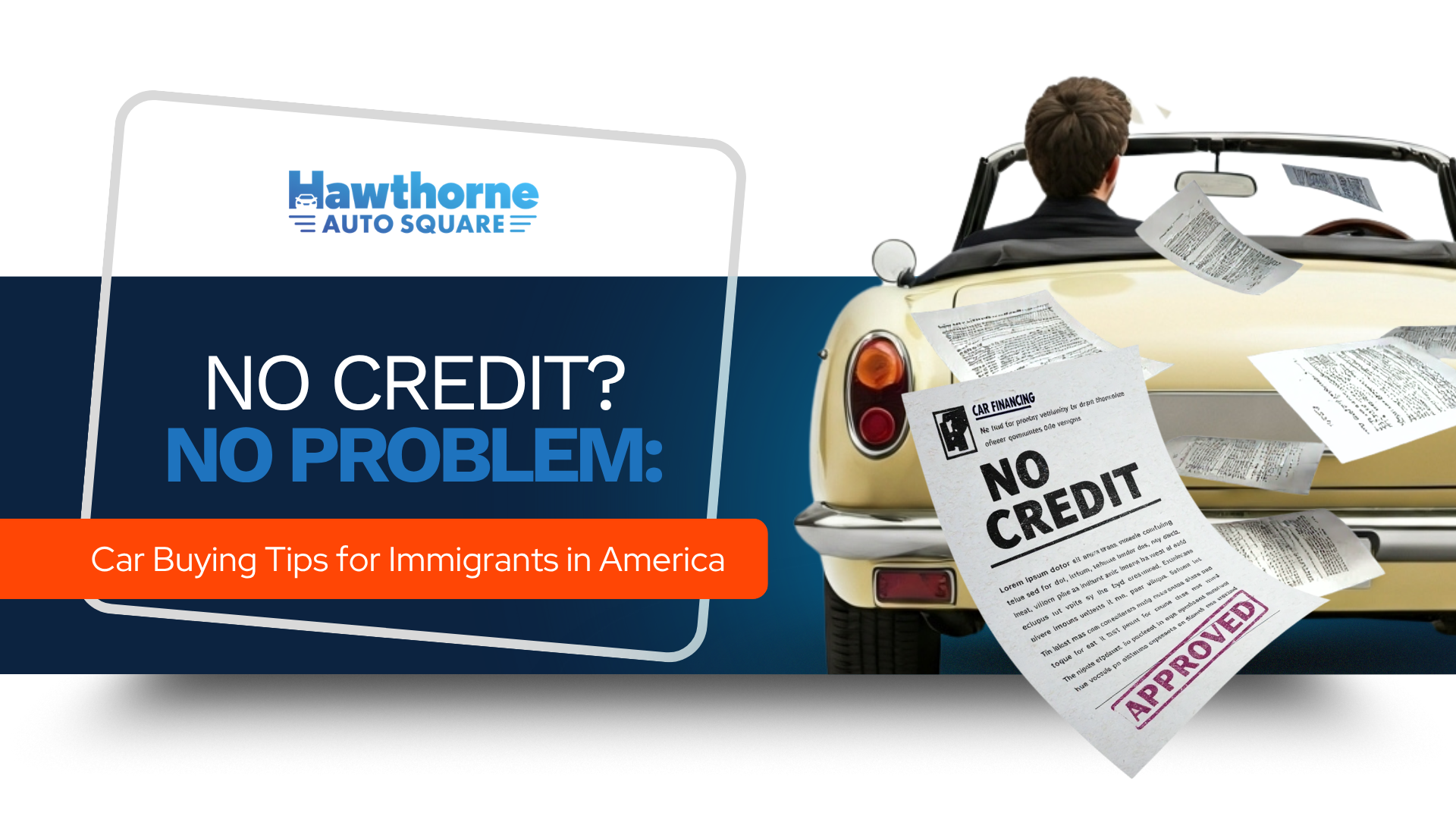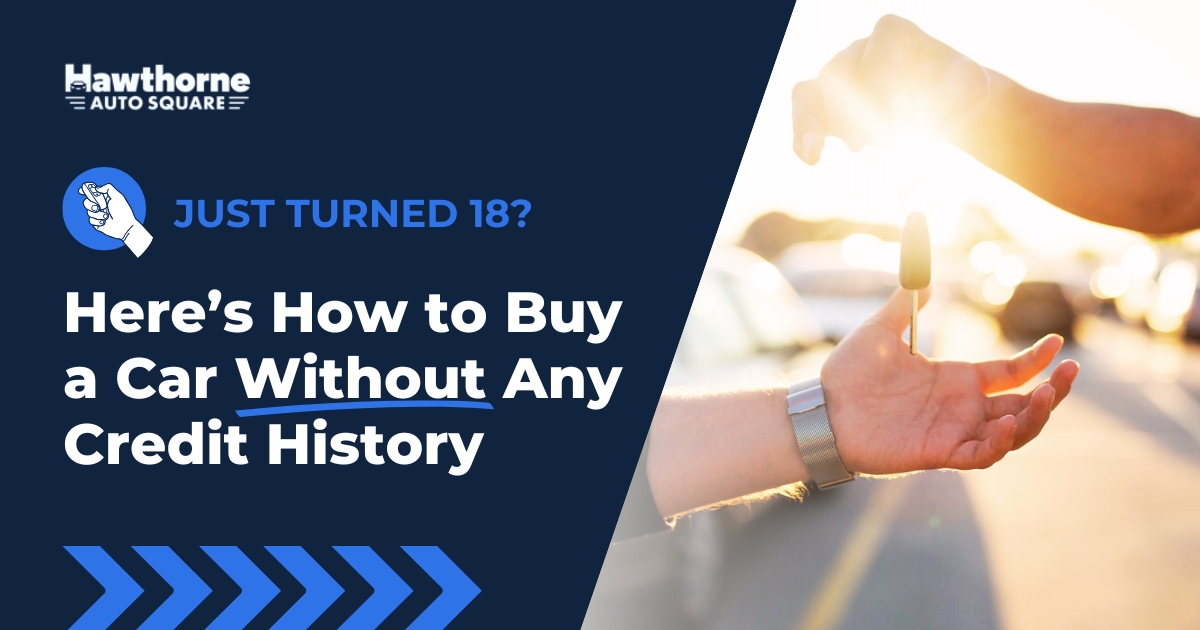
- SALES : (866) 707-7664
- PAYMENTS : (866) 902-7955
- 11646 PRAIRIE AVE, HAWTHORNE, CA 90250
- MON - SAT 8AM - 8PM | SUN 10AM - 6PM
- SALES : (866) 707-7664
- PAYMENTS : (866) 902-7955
- 11646 PRAIRIE AVE, HAWTHORNE, CA 90250
- MON - SAT 8AM - 8PM | SUN 10AM - 6PM
Coronavirus: What to Do After Buying a Used Car

Even in the midst of a pandemic, people still need to get around. In reality, it seems to be an ideal market for car buyers due to the current COVID-19 outbreak. If you can manage to follow all safety measures and be extremely cautious, you could wind up getting an awesome deal on a new or used vehicle. According to J.D. Power, auto dealerships and car manufacturers are offering massive discounts and low financing rates in response to the expected slump in sales.
The decline in car sales is far less alarming than originally anticipated, but that doesn’t mean car dealers aren’t making an effort to offer incentives to consumers. Online car sales have contributed to the rebounding sales numbers, which are up by 11% at the end of March. In an attempt to boost sales heading into May, used car dealerships are loosening restrictions and dishing out 0% financing options for some consumers.
So what if you were one of the many that noticed the potential savings and decided to buy a used car, what comes next? There are steps you can take to ensure your new ride is street legal and ready for the road ahead.
What to Do After Buying a Used Car
After you’ve signed on the dotted line and purchased your used car there is still work to be done. Buying a used car requires ongoing effort to keep it running smoothly for years to come. Here are some easy-to-follow steps you should consider taking after buying a used car.
1. Safety First
Taking into consideration new health and safety guidelines surrounding COVID-19, before you begin all of the paperwork and maintenance, you’ll want to thoroughly disinfect the cabin of your car. Things you should keep in mind…
- Consider the materials in your car before deciding on what products to use on different surfaces
- Soap is always an effective disinfectant, and it won’t harm the upholstery
- Avoid bleach, unless you use a water/bleach mixture on the smaller plastic parts of your interior
- Avoid solvents as they can damage certain materials
- Sanitizers that contain alcohol may dry out leather and force it to crack. Using an over-the-counter leather cleaner will help keep the upholstery moist, clean and well-conditioned
- Pay added attention to areas you touch the most. I.e. radio knobs, gear shifts, steering wheel, door handles
- Remember to quickly wipe off any cleaners that you use and don’t let them linger on sensitive surfaces
- If you have any doubt, patch-test cleaners on surfaces prior to treating entire areas
2. Complete Title Transfer
After you have made sure your new car is properly sanitized and wiped clean of all pathogens, it is time to clean up the vehicle title. Your car’s title is the official record of ownership. If you purchased your car from a private seller, this is especially important. You’ll want to double-check that there are no liens against the vehicle. Check with the California DMV for specific information on how to properly transfer the title of the used car over to you. If you bought the car from a used car dealership, they will likely handle most of this for you. Remember, if you get a loan through a dealership, they will hold on to the title until the loan is paid in full.
3. File Car Registration
Getting your car registered is just par for the course and is a must when buying any new or used vehicle. Depending on the state, car dealers can typically file your registration documents and issue new plates to you at point of sale. Otherwise, you’ll have to physically go to a DMV office to file documents and pay the registration fees. You should have some, if not all, of these documents handy when registering your used car. The DMV isn’t an enjoyable event. Not having the proper documents will force you to go through it all over again, so triple-check that you have all the appropriate paperwork.
- Bill of sale
- Car title signed over to you as the new owner
- The Vehicle Registration Number (VIN) of the car should match the VIN on the bill of sale
- The odometer reading stating how many miles are on the car
- Proof of insurance
- Safety inspections and emissions, if applicable
4. Pay Used Car Sales Tax
This all comes down to whether you purchased your car from a used car dealership or a private seller. Typically, a used car dealership will include the sales tax in the final bill or sale. But if you bought your car from a seller, you will have to calculate that expense on your own and factor that into the final cost. If you are in the state of California, here is a handy Tax & Tag Calculator to help you figure it out quickly and without hassle.
5. Purchase Used Car Insurance
Having proper auto insurance is an absolute necessity. Most dealerships won’t allow you to drive the car off the lot without first showing proof of insurance. If you have a good driving record you most likely will be able to secure an affordable insurance policy. Insurance policy costs will depend on several factors including your age, type of car you’re buying, credit score, and even where you live. Here is a helpful life hack. If you know what car you are going to buy, ask the dealer or private seller for the VIN ahead of time and forward that to your insurer so they can have your policy written up prior to you getting behind the wheel. That will save you time after the sale is final.
6. Used Vehicle Maintenance & Repairs
While used cars are ideal for first-time car buyers and those that are on a budget, they do come with their own share of drawbacks like hidden repairs. Most sellers, whether private sellers or dealers, will let you know of any repairs that need to be made upfront. But it is best to get your car inspected by a trusted mechanic prior to signing a contract. Aside from upfront repairs, you’ll want to set a routine maintenance schedule and follow it monthly. This will keep your car in great shape for years to come. Things like tune-ups, oil changes, refilling coolants and regularly checking your brakes, spark plugs, and wheel alignment are all things you should put on a calendar and make part of your regular car maintenance routine.
Hawthorne Auto Square Updated Coronavirus (COVID-19) Policies
As part of our goal to keep our environment clear of COVID-19, we have implemented enhanced sanitizing and social distancing procedures as recommended by the CDC.
We have hand sanitizer throughout the dealership for customer and employee use.
All of our sales team and staff are required to wear masks, per Los Angeles County’s new order. Hawthorne Auto Square offers a large inventory of used cars, minivans, trucks, and SUVs, as well as a premium inventory of high-end vehicles. Visit our “buy here, pay here” dealership for help finding the vehicle you want and need.
To learn more about our wide selection of used vehicles, trade-in your vehicle, schedule a test drive, and view our latest inventory, call 866-707-7664 or visit our dealership at 11646 Prairie Ave. in Hawthorne.
Latest News


Why Should I Buy a Used Toyota Camry?

Bankruptcy and Car Ownership: How BHPH Can Help


Used Car Price Trends for 2025: What Buyers & Sellers Need To Know
Get approved
It only takes a few minutes and won’t affect your credit.
- Pre-Inspected Cars
- Clean Title
- Under Warranty
Latest Videos
What Do I Need To Buy A Car - Hawthorne Auto Square
Second Chance for a New Car - Hawthorne Auto Square
Pre Approved Auto Lone – Hawthorne Auto Square
- SALES : (866) 707-7664
- PAYMENTS : (866) 902-7955
- 11646 PRAIRIE AVE, HAWTHORNE, CA 90250
- MON - SAT 8AM - 8PM | SUN 10AM - 6PM
© 2025 Hawthorne Auto Square. All Rights Reserved. Website Designed by: Ad Leverage | Privacy Policy | Terms of Service | Manage Cookies | DSAR |License #91864
© 2025 Hawthorne Auto Square. All Rights Reserved. Website Designed by:
Ad Leverage | Privacy Policy | Terms of Service
License #91864

